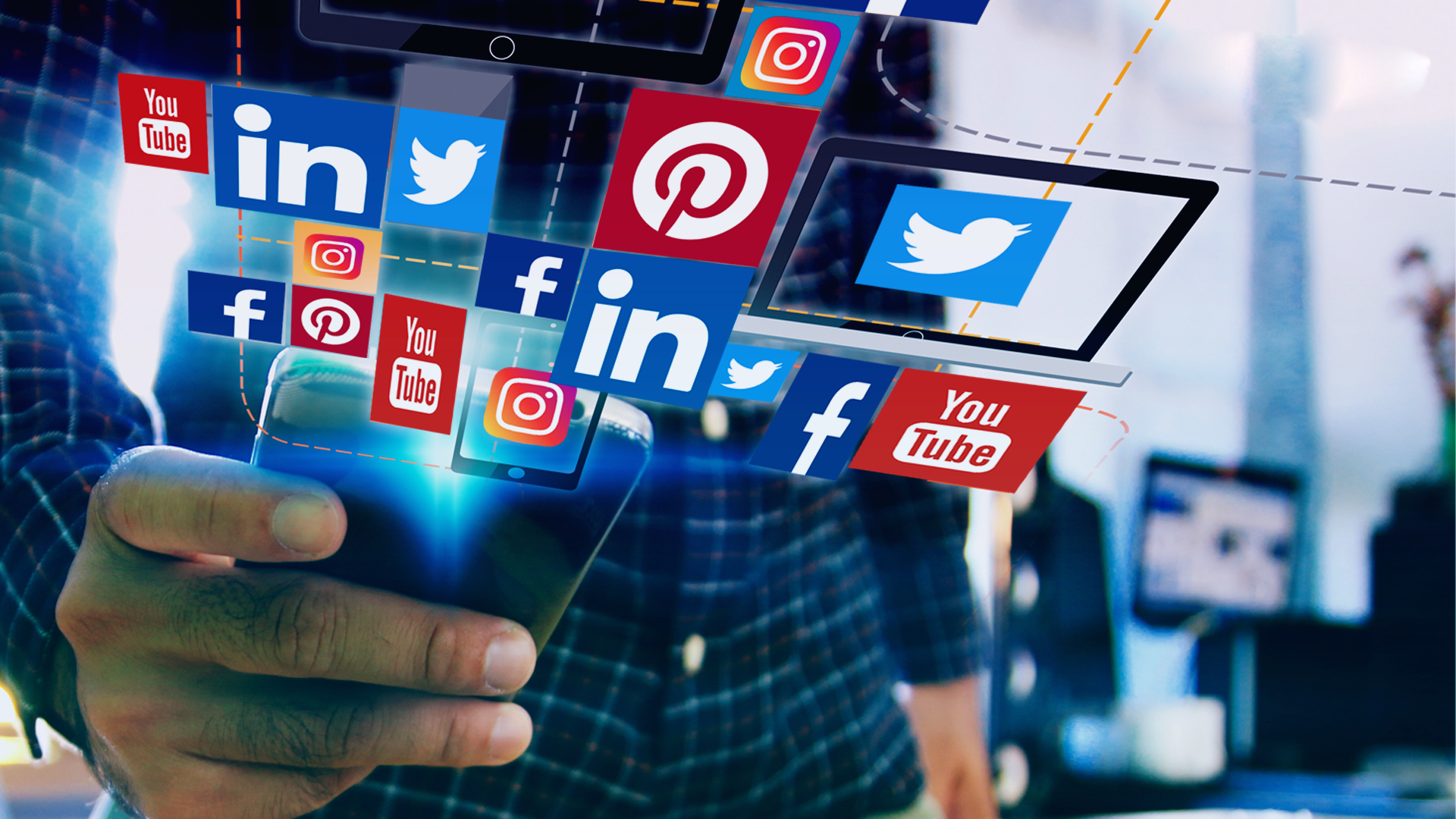DIVTEC ONLINE TRAINING
nhacaist666
The Power and Influence of Media in the Modern World

In the 21st century, media has become an integral part of our daily lives. From traditional outlets like newspapers and television to digital platforms such as social media and streaming services, media shapes the way we perceive, interact with, and understand the world around us. But what exactly is media, and why is it so influential? Let’s explore the multifaceted role of media and its impact on society. Visit here more info.. hflash
What is Media?
The term "media" encompasses a broad range of communication channels that deliver information, entertainment, and messages to a wide audience. Historically, media referred to print sources like newspapers, magazines, and books. Over time, it expanded to include radio, television, and cinema. Today, the digital age has ushered in an era dominated by the internet, social media, podcasts, blogs, and on-demand streaming platforms.
Media serves as a bridge between information sources and the public. It acts as a conduit for storytelling, news dissemination, advertising, and cultural expression. Whether through text, images, audio, or video, media’s primary purpose remains the same: to inform, educate, and entertain.
The Evolution of Media
Media has undergone a remarkable evolution over the centuries. The invention of the printing press in the 15th century revolutionized the way information was shared, making books and newspapers accessible to the masses. The 20th century saw the advent of radio and television, bringing real-time news and entertainment into homes worldwide. Each technological leap expanded the reach and influence of media.
In recent decades, the internet has reshaped the media landscape. Digital platforms have democratized content creation, allowing individuals and smaller organizations to share their voices. Social media networks like Facebook, Twitter, Instagram, and TikTok have become powerful tools for communication and connection, blurring the lines between producers and consumers of content.
The Role of Media in Society
Media plays a pivotal role in shaping societal norms, opinions, and behaviors. Its influence can be seen in various domains, including:
Information Dissemination Media is a primary source of news and information, keeping the public informed about local, national, and global events. From breaking news updates to in-depth investigative journalism, the media ensures that people have access to the knowledge they need to make informed decisions.
Education and Awareness Beyond news, media serves as a tool for education. Documentaries, podcasts, and educational programs bring important topics to light, from environmental issues to historical events. Public awareness campaigns on health, safety, and social justice often rely on media to reach wide audiences.
Cultural Expression Media reflects and shapes cultural identities. Films, music, television shows, and social media trends contribute to the shared experiences that define communities and generations. Through media, people gain exposure to diverse perspectives and cultures, fostering understanding and empathy.
Entertainment From blockbuster movies to viral videos, media provides endless entertainment options. In an increasingly digital world, platforms like Netflix, YouTube, and Spotify cater to diverse tastes, offering content on demand and connecting audiences with creators across the globe.
Advocacy and Social Change Media has the power to drive social change by amplifying marginalized voices and highlighting important issues. Movements like #BlackLivesMatter and #MeToo gained traction through social media, demonstrating the medium’s ability to galvanize action and promote accountability.
Challenges and Criticisms of Media
Despite its many benefits, media is not without its challenges and criticisms. Some of the key concerns include:
Misinformation and Fake News: The rapid spread of false or misleading information can have serious consequences, from influencing elections to undermining public trust.
Bias and Censorship: Media outlets can sometimes exhibit bias, shaping narratives to align with specific agendas. Censorship, whether by governments or corporations, can limit free expression and access to diverse viewpoints.
Privacy and Data Concerns: Digital media often relies on collecting user data, raising concerns about privacy and the ethical use of information.
Mental Health Impacts: Excessive media consumption, particularly on social media, has been linked to anxiety, depression, and feelings of inadequacy. The pressure to maintain a curated online persona can be overwhelming for some users.
The Future of Media
As technology continues to evolve, so too will media. Artificial intelligence, virtual reality, and blockchain are poised to redefine content creation, distribution, and consumption. AI-generated news articles, immersive VR storytelling, and decentralized media platforms are just a few examples of innovations on the horizon.
Moreover, the demand for authenticity and accountability in media is likely to grow. Consumers are increasingly seeking credible sources and transparent practices, pushing media organizations to prioritize ethics and quality over sensationalism.
Conclusion
The media’s influence on modern society is undeniable. It informs, educates, entertains, and connects us, shaping the way we see the world and our place within it. While it faces challenges in the form of misinformation, bias, and privacy concerns, media also holds immense potential to drive progress and foster understanding.
As we navigate the complexities of the digital age, it is crucial to approach media with a critical eye, recognizing both its power and responsibility. By supporting ethical journalism, advocating for transparency, and consuming content mindfully, we can ensure that media remains a force for good in our ever-changing world.